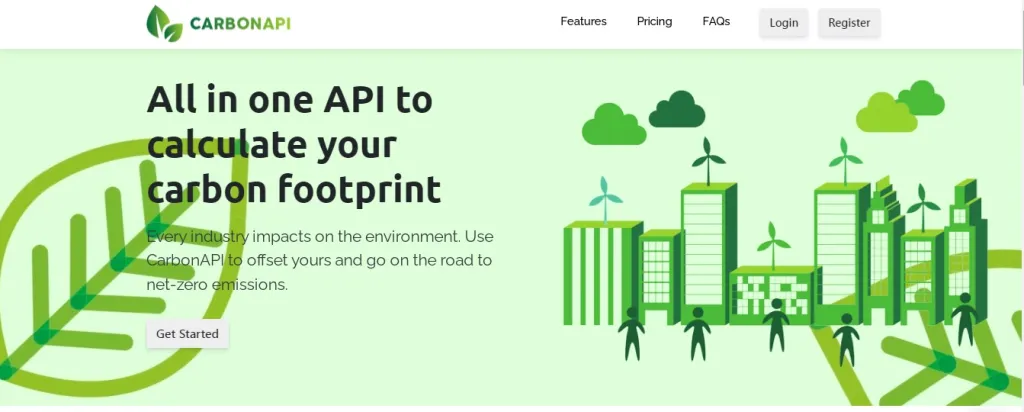We all know that climate change is a real and urgent problem, but how can businesses reduce their carbon footprint to help combat it? One of the most powerful tools for any business is an API. APIs are pieces of software that allow data to be shared between different applications and platforms in order to speed up processes and increase efficiency.
Although they’re often associated with tech companies, an API can help any business reduce its carbon footprint by reducing the need for manual labor, streamlining operations, and enabling the safe sharing of information. In this blog post, we’ll explore how an API can help reduce your company’s environmental impact and make your business more eco-friendly.
Learn About Carbon Footprint
If you’re looking to reduce your carbon footprint, one way you can do that is by using an API. An API, or application programming interface, allows two pieces of software to communicate with each other. In this case, it would allow your software to communicate with a carbon emissions database.
With an API, you can automatically calculate the carbon footprint of whatever it is you’re doing. For example, if you’re planning a trip, you can use an API to find out the carbon footprint of your travel plans. Or if you’re running a business, you can use an API to calculate the carbon footprint of your operations.
There are a number of different APIs available that can help you calculate your carbon footprint. Some are free, while others charge a fee. But all of them can help you get a better understanding of your impact on the environment and what steps you can take to reduce your carbon footprint.
How An API Can Help Reduce Carbon Footprint
An API, or application programming interface, can help reduce a company’s carbon footprint in a number of ways. By providing developers with a way to access data and functionality from an external source, an API can enable a company to offload some of its resource-intensive processes. In addition, an API can also allow a company to tap into new markets and customer segments by making its data and services available to third-party developers.
When it comes to reducing carbon emissions, every little bit counts. And for companies that are looking for ways to operate more efficiently and cut costs, an API can be a valuable tool. Here are some of the ways that an API can help reduce a company’s carbon footprint:
Offloading Resource-Intensive Processes:
One of the most important benefits of an API is that it can help reduce the load on a company’s internal systems. By accessing data and functionality from an external source, a company can offload some of its resource-intensive processes. This not only reduces the strain on the company’s own infrastructure, but it can also lead to lower energy consumption and fewer greenhouse gas emissions.
Tapping into New Markets:
An API can also allow a company to tap into new markets and customer segments by making its data and services available to third-party developers. This not only expands the reach of the company’s products and services but also opens up new
Try Carbon API
If your business emits a lot of carbon dioxide (CO2), you can use an API to help reduce your carbon footprint. An API is a set of programming instructions that allow software applications to interact with each other. You can use an API to get real-time data on CO2 emissions from power plants, factories, and other emission sources. This data can help you make informed decisions about how to reduce your carbon footprint.
Once you have access to a Carbon API, you can start using it to get data on emissions in your area. This data can be used to track your carbon footprint over time and identify areas where you can reduce your emissions. For example, if you notice that your business emits a lot of CO2 when manufacturing products, you could investigate ways to improve your production process so that it emits less CO2.
Reducing your carbon footprint is important for both the environment and your bottom line. By using a Carbon API, you can get the data you need to make informed decisions about how to reduce your impact on the planet,



